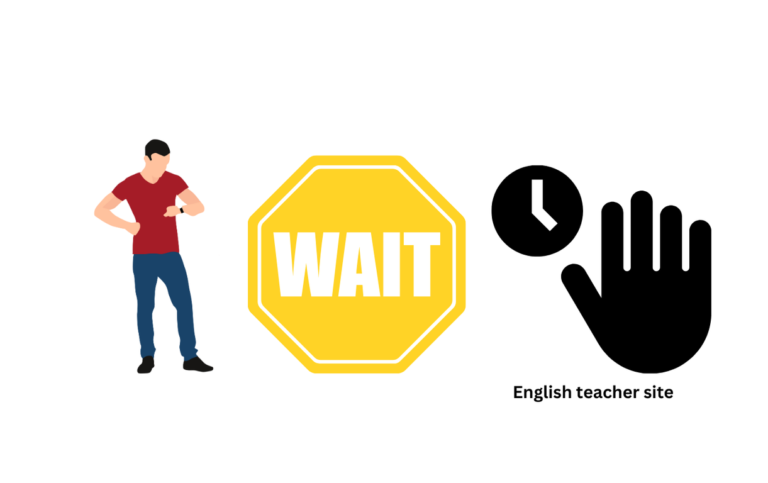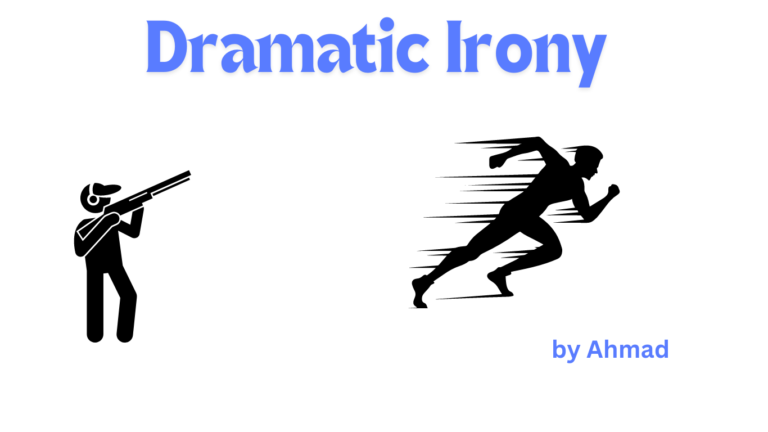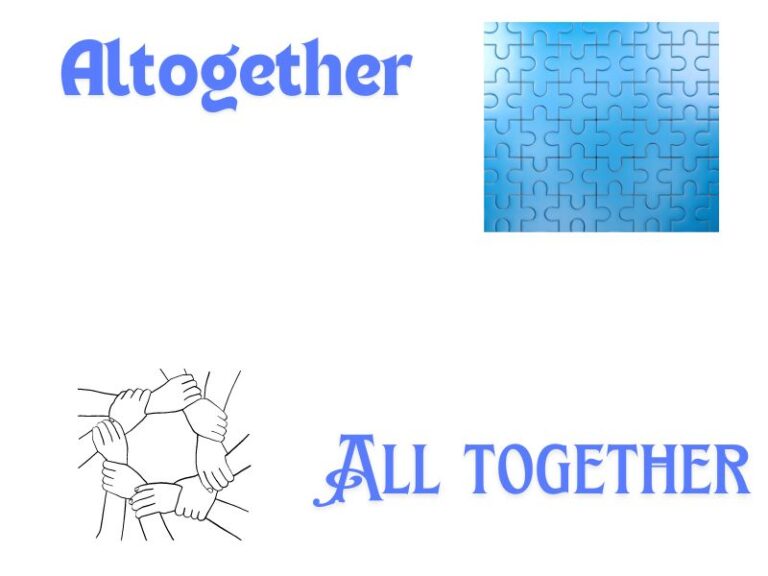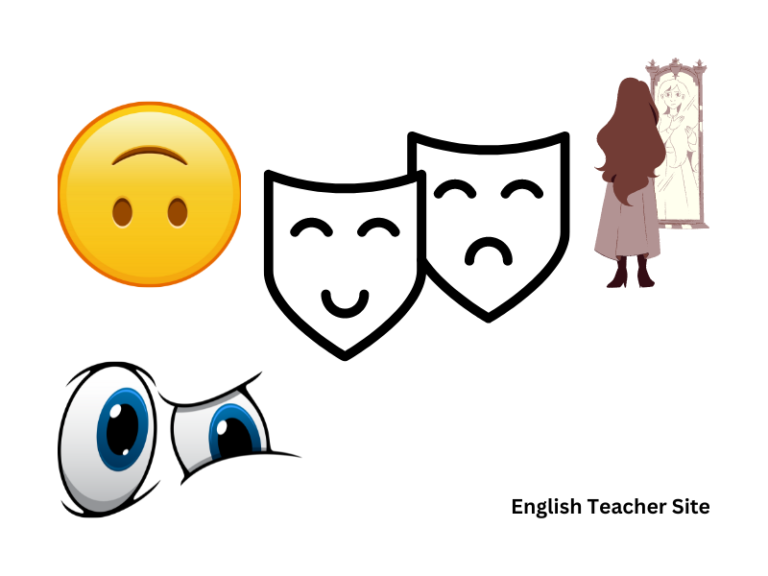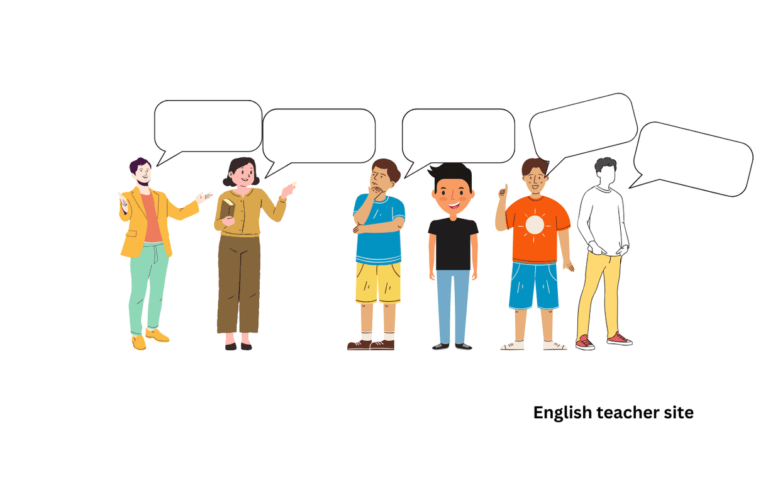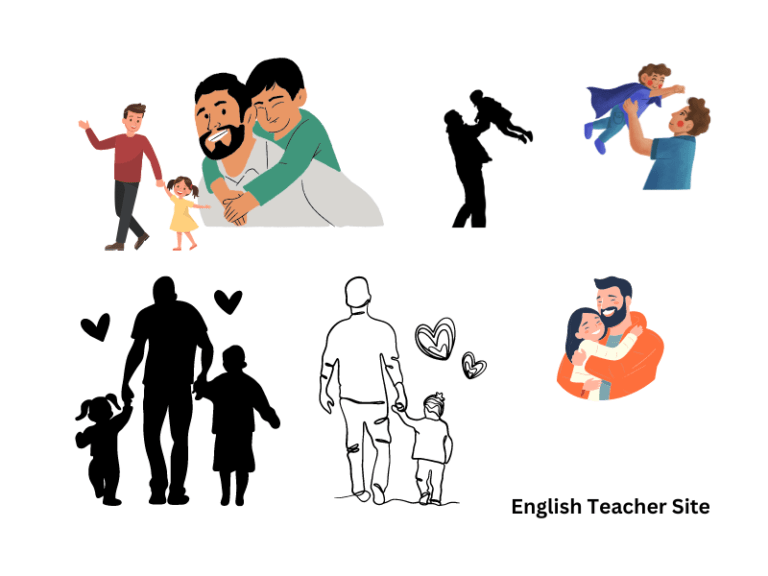Cite Site Sight: Understanding the Differences and Uses in English Language
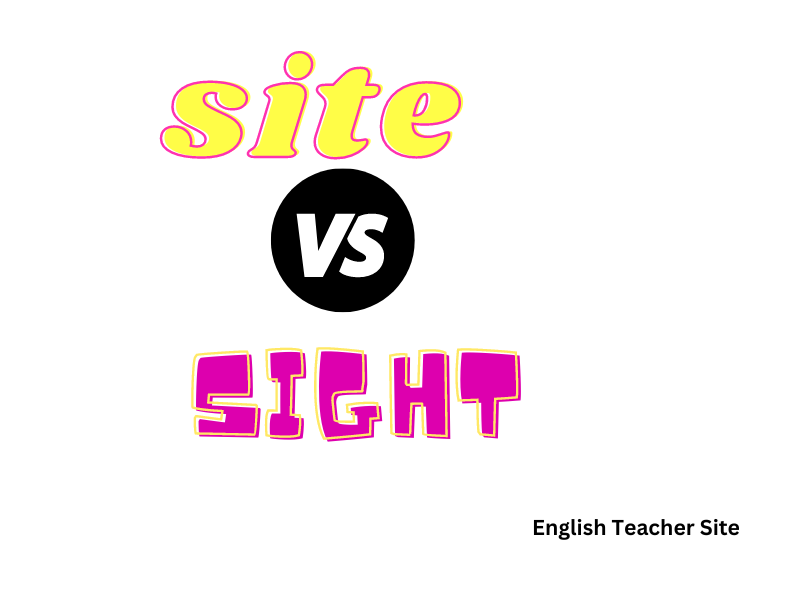
- “Cite” is used to refer to making a reference or acknowledgment.
- “Site” denotes a location or position.
- “Sight” is associated with the ability to see or a thing to be seen.
Enriching your vocabulary and refining your writing skills involves not just recognizing these differences but also applying them correctly in sentences. Homophones like “cite,” “site,” and “sight” present an excellent opportunity for learners to demonstrate precision in their language use.
The difference between: cite & site & sight
In the English language, words with similar sounds but different meanings often lead to confusion. Cite, site, and sight are three such terms that are commonly mixed up due to their identical pronunciation.
- Site refers to a location or place. It can be any physical area, ranging from a piece of land for construction to an archaeological dig. Here are a couple of specifics:
- In terms of land or real estate, a site denotes a plot or parcel where buildings may be constructed or have already been established.
- A campsite or worksite designates a temporary location, often with a specific purpose, such as recreation or labor.
| Type of Site | Description |
|---|---|
| Construction Site | Area where buildings or structures are being erected |
| Archaeological Site | Location where historical remnants are excavated |
Cite: Definition and Contexts
The verb cite carries the function of referencing or quoting a piece of information, an authority, or a previous work. Its application in academic writing and legal settings is critical.
- When crafting a research paper or any form of writing that relies on external information, it is necessary to cite the sources of that information.
- In legal terms, to cite can also mean to summon someone to court or to officially recognize or acknowledge a commendable action.
| Context | Use of ‘Cite’ |
|---|---|
| Academic | Providing a citation or reference in the works cited |
| Legal | Issuing a summons or citing legal precedent as an authority |
Sight: Concepts and Perceptions
Sight is a noun related to the ability to see with the eye. It encompasses both the physiological capacity of vision and the individual scenes or objects that are seen.
- Eyesight is a critical human sense that contributes to our perception of the surrounding world.
- Additionally, a sight can be a visual scene that is deemed noteworthy, either for its beauty or significance.
| Aspect of Sight | Explanation |
|---|---|
| Physical Sense | The sense through which living beings interpret visual cues |
| Memorable View | A particularly noteworthy or impressive scene or thing seen |
Sentence examples with “cite”
As an English teacher, it’s important to provide clear examples to illustrate the use of words in context. The word “cite” is often used in academic and professional settings. It is a verb that means to mention something as proof for a theory or as a reason why something has happened, or to speak or write words that someone else has written or said. Here are some sentence examples that demonstrate the correct usage of “cite”.
In Academic Writing:
- She cited several studies in her thesis to support her argument.
- The article cites the latest research in environmental science.
In Legal Documents:
- The lawyer cited the previous case as a precedent.
- The judge cited numerous cases to justify the ruling.
In Formal Speeches:
- The speaker cited a famous poet to convey the message.
- During the lecture, the professor cited three experts on the subject.
By using “cite” as shown above, one can enhance the credibility of their argument or point of view. Remember that when citing sources, it is crucial to adhere to the appropriate citation style guide required for your document, such as APA, MLA, or Chicago style.
Sentence Examples with “Site”
The term “site” often refers to a location or place. In the English language, this word is utilized in various contexts to convey information about positions, settings, or Internet web pages. The ability to use “site” correctly enhances the clarity and precision of language. Below are sentence examples highlighting the use of “site.”
In Construction and Land Use:
| Sentence Example | Usage Explanation |
|---|---|
| The construction crew arrived at the site early to begin work. | “Site” refers to the physical location of construction. |
| Archaeologists discovered ancient artifacts at the site of the old temple. | Here, “site” indicates the historical place of interest. |
Regarding Web Locations:
| Sentence Example | Usage Explanation |
|---|---|
| She frequently updates her blog, a popular site for healthy recipes. | “Site” is synonymous with a webpage or online location. |
| The company’s site crashed due to an influx of visitors on Black Friday. | In this case, “site” represents the online storefront. |
In daily language, one may come across various bullet point lists that include the word “site”:
- Ensure that the picnic site is clean before leaving.
- To log in, go to the site and enter your username and password.
- The campsite offered an amazing view, making it the perfect site for our vacation.
Remember that “site” should not be confused with its homophones “cite” or “sight,” which have entirely different meanings. Use “site” when discussing locations or online presences with confidence and precision, avoiding ambiguity in communication.
Sentence examples with “sight”
As an English educator, it is essential to provide clear examples to demonstrate how words are used within sentences. In particular, the word “sight” can be a noun with various meanings, usually related to the sense of seeing or a thing to be seen. Below are sentence examples showcasing the word “sight” in context, format designed to aid comprehension and retention.
Examples of “sight” in a sentence:
| Sentence | Explanation |
|---|---|
| She caught sight of a rare bird through her binoculars. | “Sight” here refers to the act of seeing something. |
| The Grand Canyon is a magnificent sight to behold. | In this instance, “sight” means something seen that is spectacular. |
- The sunset over the ocean was a beautiful sight.
- Losing one’s sight is a challenging experience.
- The tourist spots were full of lovely sights.
These sentences illustrate different uses of the word “sight”:
- As a physical sense: “After the accident, he was grateful to still have his sight.”
- As something observed: “The ruins were an impressive sight against the morning sky.”
Utilizing “sight” accurately distinguishes descriptive writing. Remember, the word “sight” is not interchangeable with “site” or “cite,” which have distinct meanings and uses.
Synonyms of “Cite”
In the realm of English vocabulary, “cite” is a verb that often surfaces within academic or formal contexts. It commonly refers to the act of mentioning a piece of work or referencing a source to bolster an argument or point. Synonyms play a vital role in language by allowing writers and speakers to vary their expressions and avoid repetition. The following lists and tables provide synonyms for “cite” and their nuances to enhance one’s lexicon.
Common Synonyms for “Cite”:
- Quote: To repeat words from a text or speech.
- Reference: To mention authoritatively or as an example.
- Mention: To refer to something in passing.
- Allude to: To suggest or call attention to indirectly.
- Acknowledge: To recognize the source of information.
Formal and Legal Synonyms:
| Synonym | Contextual Use |
|---|---|
| Summon | To officially order someone to appear in court |
| Subpoena | To order someone to attend a legal proceeding |
| Attribute | To regard something as being caused by |
| Accredit | To ascribe or credit, often in a formal sense |
Synonyms with Academic Connotations:
| Synonym | Contextual Use |
|---|---|
| Annotate | To add notes of explanation to a text |
| Document | To support by written or other evidence |
| Paraphrase | To restate someone else’s ideas in one’s own words |
| Attribute | To regard work as belonging to, caused by, or produced by someone |
In any written work, the choice of synonym for “cite” would depend upon the specific context, formality of the document, and desired nuance. For example, legal documents may favor terms like “summon” or “subpoena,” whereas an academic paper might use “attribute” or “acknowledge.”
Synonyms of “Site”
In the context of the English language, the noun “site” is frequently used to refer to a location or place. This term is pivotal when discussing geography, web addresses, and more. Synonyms provide us with various ways to express this idea, each bringing its own nuanced implications. Here are some of the synonyms for “site” and their specific contexts:
Physical Locations
| Synonym | Usage |
|---|---|
| Locale | Refers to a place where something happens or is set. |
| Venue | Implies a place where an event or a series of activities is held. |
| Spot | A more casual term for a particular place, often a small area. |
| Position | Highlights the exact location of something in relation to its surroundings. |
Specific Contexts
When referring to websites, the word “site” takes on a digital connotation, but its synonyms often remain linked to physical space, metaphorically extended to the online world.
| Synonym | Usage |
|---|---|
| Platform | Often used for websites that enable user interaction or content creation. |
| Portal | Suggests a gateway to a collection of related web pages or services. |
| Domain | Technical term describing the address of a website on the internet. |
In a more abstract sense, “site” can relate to a specific situation or a condition:
- Area: This term is broadly used to denote a part of a larger place, space, or surface.
- Grounds: Often used when referring to land or property, as in a campus or estate.
- Location: A more formal term representing a specific place or position.
Site in its various applications allows for versatility in expression. Each synonym carries a distinct shade of meaning, suitable for different contexts.
Origin of site & cite & sight
When delving into the English language, understanding the history behind words can provide valuable insight. Here, we focus on the origins of three homophones: “site,” “cite,” and “sight,” which, despite their identical pronunciation, have distinct meanings and histories.
Site is derived from the Latin word “situs,” which translates to a place or position. It refers to a location or an area where something particular exists or is established.
Cite stems from the Latin “citare,” which means to call or summon. Over time, its usage broadened to include referencing as a form of summoning someone’s words or ideas into a conversation or piece of writing.
Sight has its origins in the Old English word “sihth,” which relates to the ability to see. It discusses not only the act of seeing but also something that is seen, typically something remarkable.
Origins Detailed
| Word | Origin Language | Original Meaning |
|---|---|---|
| Site | Latin (“situs”) | Place, location |
| Cite | Latin (“citare”) | to call, summon |
| Sight | Old English (“sihth”) | Seeing, vision |
Modern Usage
- Site:
- A land location for construction.
- A virtual location on the internet.
- Cite:
- To reference authoritative material.
- To summon someone to court.
- Sight:
- The faculty or power of seeing.
- A thing that one sees or that can be seen.
The words “site,” “cite,” and “sight,” each convey unique concepts, but they are frequently confused due to their matching sonance. Their distinct origins and meanings are critical for the accurate application in various contexts, whether it be in writing or speech.
Source
Harper, Douglas. “Etymology of sight.” Online Etymology Dictionary, https://www.etymonline.com/word/sight.
Harper, Douglas. “Etymology of site.” Online Etymology Dictionary, https://www.etymonline.com/word/site
My name is Khamis Maiouf. I am the creator of the English Teacher Site, dedicated to providing valuable resources and insights for students around the world. With a passion for education and a commitment to helping students enhance their skills, I aim to make English teaching more effective and enjoyable for both educators and students.

